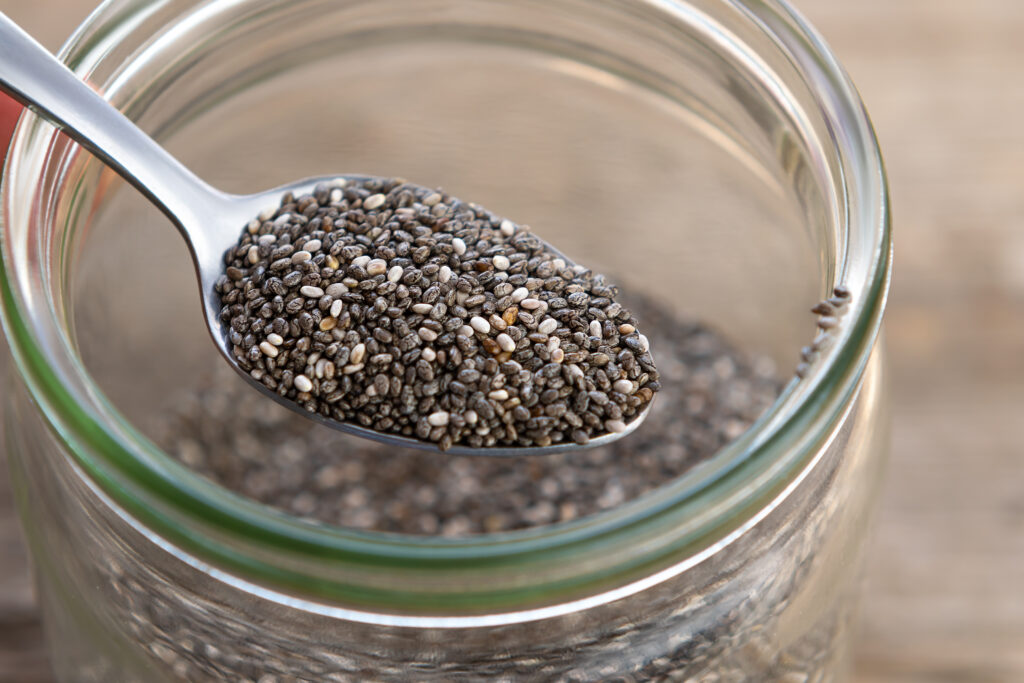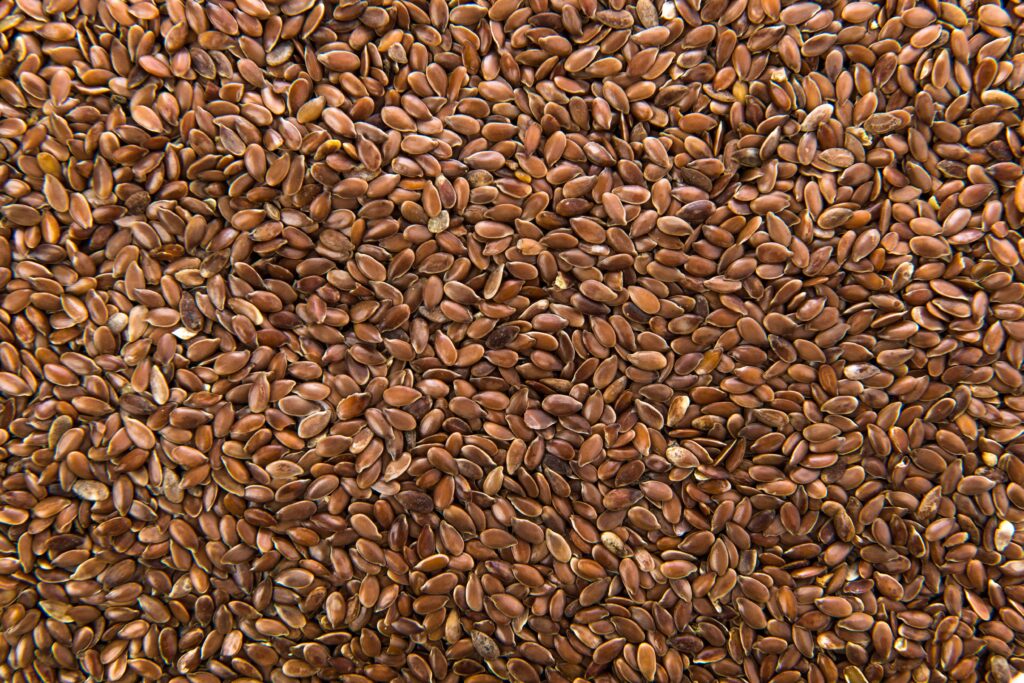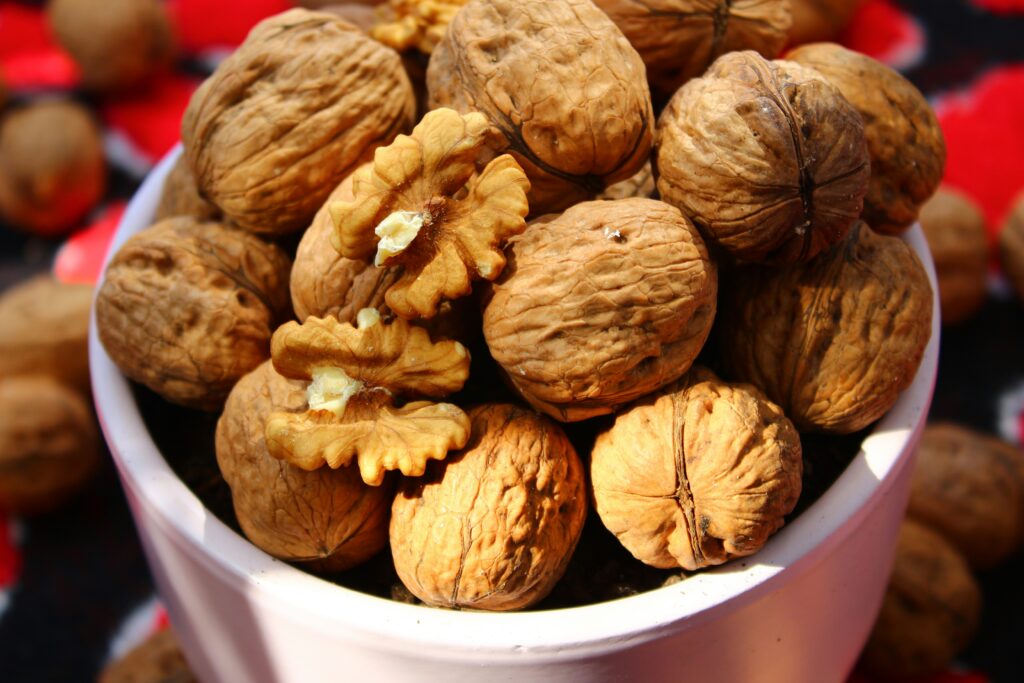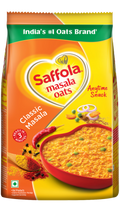27 May, 2024

5 min

25

Have you ever found yourself feeling unusually tired or experiencing dry skin and hair, despite a seemingly healthy lifestyle? These could be indicators of omega-3 deficiency, a condition often overlooked yet crucial for overall well-being. Omega-3 fatty acids are essential fats the body cannot produce on its own, thus, they must be obtained through our diet. Despite their importance, many individuals find it challenging to incorporate adequate sources of omega-3 into their meals, leading to a lack of these vital nutrients. Recognising the symptoms of omega-3 deficiency is the first step towards addressing this imbalance and improving your health. Today, let’s shed light on the signs and symptoms of omega-3 deficiency, guiding you towards better nutritional choices to support your well-being.
5 Common Omega-3 Deficiency Symptoms
Omega-3 fatty acids play a pivotal role in maintaining our health, yet many individuals may be unaware they are suffering from a deficiency. Recognising the signs is crucial for making dietary adjustments to improve overall well-being. Here, we discuss five symptoms that can help you identify omega-3 deficiency, encouraging a proactive approach towards better health through informed food choices.
1. Dryness and Itchiness of the Skin
One of the tell-tale signs of omega-3 deficiency is skin that appears dry, flaky, or itchy. Omega-3s are crucial in managing the skin's oil production, hydration levels, and their barrier function. A deficiency can disrupt these processes, leading to noticeable dryness and discomfort. Incorporating food sources of omega-3 like fish, and nuts, and using cooking oils rich in omega-3 can help in maintaining skin health.
2. Dehydration and Frequent Urination

An often-overlooked symptom of omega-3 deficiency is dehydration and an increased need to urinate. Omega-3 fatty acids help to retain moisture in the body and support kidney function, which regulates fluid balance. A deficiency might lead to a disruption in this balance, causing the body not to retain water efficiently. Ensuring a diet that includes food sources of omega-3 can assist in managing hydration levels.
3. Earwax Build-up
Interestingly, an excess build-up of earwax may also signal a deficiency in omega-3 fatty acids. Omega-3s have anti-inflammatory properties that help maintain normal secretion and composition of earwax. A lack of these fatty acids can lead to an imbalance in the body's inflammatory response, potentially causing an overproduction of earwax as a protective measure. Regular intake of omega-3 sources can support the body's natural processes, including those that regulate earwax production.
4. Fatigue and Problems with Sleep

Feeling unusually fatigued or having difficulty sleeping can also indicate a lack of omega-3 fatty acids. These essential nutrients are known to regulate mood and sleep patterns by supporting the body’s serotonin levels, a neurotransmitter that plays a key role in sleep and how tired or alert we feel. Balancing your diet with adequate sources of omega-3 may aid in improving sleep quality and energy levels throughout the day.
5. Brittle Nails
Brittle nails can often reflect an omega-3 fatty acid deficiency. These essential nutrients are vital for nail health, providing the oils needed to keep nails moist and resilient. Omega-3 fatty acids help to reduce inflammation around the nail beds and improve the lipid layers within the nails, making them less prone to brittleness and breakage. Incorporating a variety of omega-3 sources into your meals can help in maintaining strong, healthy nails.
Top 5 Accessible Omega-3-Rich Foods for Your Diet
Incorporating omega-3 fatty acids into your diet is crucial for maintaining overall health, especially for heart and brain function. Fortunately, there are a variety of easily accessible foods that are rich in omega-3s, catering to both non-vegetarians and vegetarians alike. Here are five sources that can help you meet your daily omega-3 requirements.
1. The Tiny, Mighty Seed: Chia Seeds

Packed with nutrients, chia seeds are a powerhouse of omega-3 fatty acids, making them an excellent choice for anyone looking to boost their intake. These small but mighty seeds are also rich in antioxidants, fibre, protein, and minerals. The omega-3 in chia seeds is primarily in the form of alpha-linolenic acid (ALA), which the body can convert to EPA and DHA, though the conversion rate is low. Adding chia seeds to your diet is straightforward; sprinkle them on yoghurt, blend them into smoothies, or use them as a topping for salads. They not only enhance the nutritional profile of your meals but also contribute to a heart-healthy diet.
2. The Golden Seed: Flaxseeds

Flaxseeds, often hailed as a nutritional powerhouse, stand out as a versatile source of essential nutrients, particularly omega-3 fatty acids. Rich in alpha-linolenic acid (ALA), flaxseeds offer a plant-based alternative for those seeking to augment their omega-3 intake. Beyond ALA, flaxseeds boast an array of health-promoting components, including fibre, protein, antioxidants, and minerals. Their versatility in culinary applications makes them an easy addition to various dishes. Whether sprinkled over yoghurt, blended into smoothies, or incorporated into baked goods, flaxseeds enhance both the flavour and nutritional profile of meals.
3. A Nutrient-Rich Nut: Walnuts

For those following a vegetarian or vegan diet, walnuts are a fantastic plant-based source of omega-3 fatty acids. Walnuts contain ALA (alpha-linolenic acid), a type of omega-3 fatty acid that the body can partially convert to EPA and DHA. Regular consumption of walnuts can support brain health and reduce inflammation.
4. A Staple Legume: Kidney Beans

Kidney beans, or Rajma, although not as rich in omega-3s as fatty fish or walnuts, still provide a small amount of ALA. They are a great dietary addition for those looking for plant-based sources of omega-3s. Kidney beans are also high in fibre and protein, making them an excellent choice for a heart-healthy diet.
5. A Heart-Healthy Oil: Saffola
Saffola brings you a diverse range of oils, blended to support heart health by providing a good balance of MUFA and PUFA, including omega-3 fatty acids. These oils incorporate LOSORB technology for lower absorption during frying, making them a healthier choice for Indian kitchens. Saffola oil is a convenient way to ensure you're getting a balance of fatty acids, supporting overall health without compromising on taste.
The Takeaway
In wrapping up, understanding the signs of omega-3 deficiency is crucial for maintaining a balanced and healthy lifestyle. Incorporating a variety of food sources of omega-3 into your diet can significantly help in mitigating the risk of deficiency. For those looking to make heart-healthy choices, Saffola oils offer a variety of blends that support a balanced intake of fatty acids, crucial for those concerned with maintaining a healthy lifestyle. Remember, while integrating sources of omega-3 into your diet, it's important to opt for a variety of foods to ensure a wide range of nutrients, supporting overall health and vitality.












